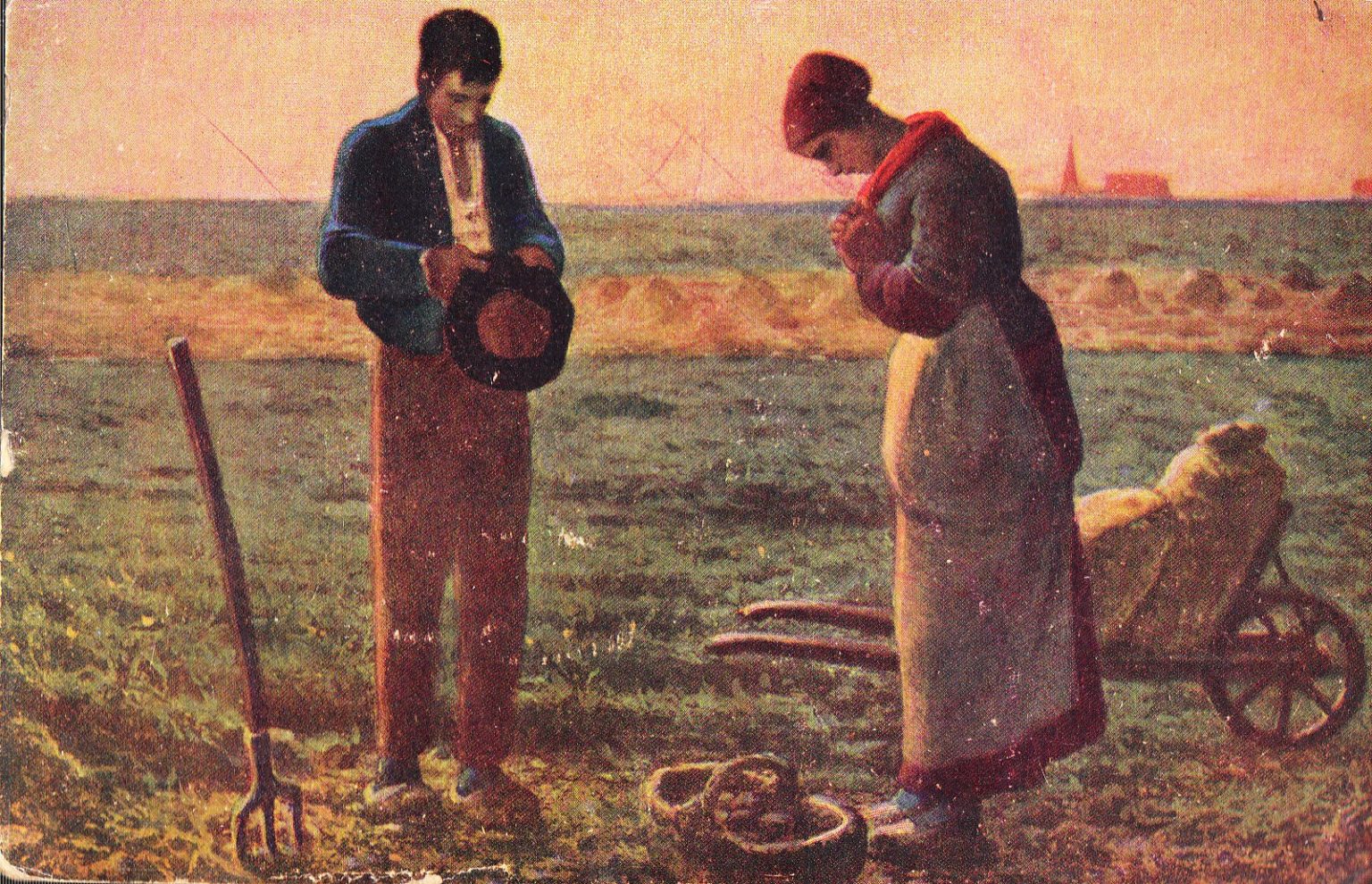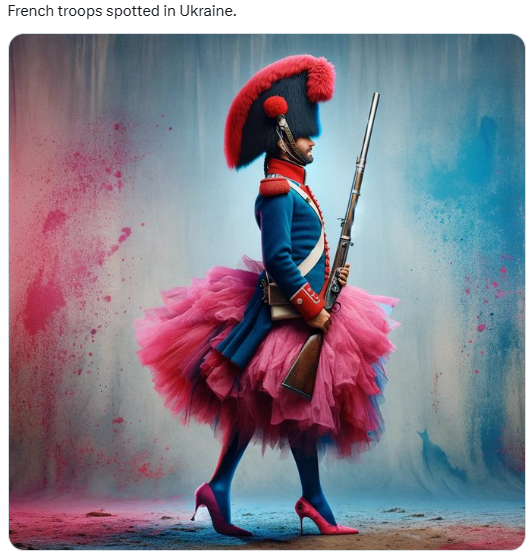Pascal lamented about those who are Lost and don’t know they are lost, because they are not seeking to be found.
You can’t forget or unlearn things you were never taught, and what we are learning about this most recent generation of the Left’s GenZ, 1997-2012, Number 5 since World War II (beginning with the Silent Generation, 1928-1945, Nancy Pelosi’s generation), is that the most elemental aspects of survival for the whole herd have not been taught to a growing percentage of the population.
They simply assume that their basic needs; food and shelter will always be there.
Drugs have something to do with it, and there are two general types of this type of wastrel; druggies and boozers. Each carries its own luggage and we are learning, as the generations pile up, that one is more easily passed from generation to generation, in large part because parents can’t actually teach their children to drink to excess, but they can teach them to lust for selfish excesses of all sorts, physical, social, and spoiled. And with psych therapy, the professional counseling and prescription drugs can begin very early for children who parents, of often only, haven’t the time or patience to give to L’il Ritchie’s or Pristina’s social problems such as “getting along” or not getting their way.
Here’s the crucial rub, many are in that vital third generation of security and privilege, meaning that no one in their family; parents (generation #2) or grandparents (generation #1), have never had to worry about those basic needs either. A few even reach back into Nancy Pelosi’s Silent Generation, four generations ago.
The numbers: In 1920 there were 270 millionaires in America, and their children numbered probably less than a 1000. Most were urban and in those days, the management and services sectors. But there were other wealth creators, called upper-middle class, in farm and ranching country, and small towns, whose children numbered in the tens of thousands, only making less of a public mark nationally than rich families in the industrial, urban east, midwest and west. Still they (the spoiled brats, or “bratlings” as I like to call them) were unable to make a dent in America’s basic natural organization of society…at any level. Post-WWII comic books (Richie Rich, debuted in 1953) was a makeover of stock film characters from the Great Depression in the 30s, both in England and America. Charles Dickens portrayed as well in the 19th Century. And Hollywood did a fine job of caricaturing them.
They were all stock characters.
And there were special colleges for them, even private schools, even boarding schools. And if they minded their P’s and Q’s, graduation was secure, and even a promised job in dad’s company, or more recently, mom’s, since dad ran off with his secretary when the kid was three. Entire university departments, mostly soft science; sociology and psychology, were reserved for them. Rank, not scholarship.
So this ‘Bratling base” was always much larger than most demographers imagined, since, as noted in the beginning, even the smallest farm town had its bratlings, since wealth and privilege were relative things. If, in a county of 50 farmers, 49 had one cow, but another had 3, that farmer was rich, relatively speaking, and he and his family would carry themselves differently.
There’s a lot of natural law involved in these never-ending parades of a community, from how they appeared at church, or at the shopping markets, participated in clubs (Garden Club or Service clubs, Lions, Rotary, Kiwanis). Appearances mattered. And in small towns especially, we know from history and popular fiction, that some of the most powerful men and women, and carried great power, were never elected to public office.
And then there were their children.
Families differed in size, from as many as 8 to only 1. Farmers tended toward larger families because father needed able hands to work the farms, as many as 8, not to mention losing a couple at childbirth or the early years, which was common up into the 1940s. My family had 4 children, which was an average size for the 1950s, in a company-owned coal town where hospital care and secure incomes were much better than surrounding farm communities. The best man at my wedding in 1968, also the son of a mining engineer, but of Italian heritage, came from a family of 12. Other families in our school, for reasons known only to themselves, only had one. (I’m sure my mother would have known, as she never met an open transom to the next room that she didn’t pause to listen.) In my graduating high school class we had three (all girls) who were only-child’s. And one was a certified bratling.
Every town had them. Many became spinsters, or old maids, which no one ever associated with sexual preference until probably the 1990s. A legal secretary friend of mine, a Catholic, had an older sister who had been in love a boy in high school. Her father disapproved and she simply took on a private vow of celibacy, and that was that. It was not uncommon in Catholic areas like Cincinnati. My friend even asked me once, “Do you think Marsha’s gay?” since they lived together (she was a divorcee). That’s when she went on to explain the circumstances.
Then there were the lucky ones, the “ugly and misshapen” (from the song below) whose daddy could buy a husband. One of my best friends in the Army, a Captain-dentist, and the life of every party, when he returned home to Ottumwa, Iowa (Radar O’Reilly’s home town) married just such a rich man’s daughter. Unable to call, he sent me a long letter with a photo, and almost apologized, but did say he could drink and run around all he wanted. (Ha-ha!) I felt kind of bad for him, and from his description I thought he may have married one of these ladies who were the poster-girls for the Women’s Christian Temperance Union (WCTU) who went around with axes busting up saloons in the early 1900s, until finally the 18th Amendment (Prohibition) was enacted, probably the most ill-conceived government action ever, and which only enabled some local Sicilian and Irish gangs in the northeast and Chicago to grow into billionaires, running whiskey.

In the early 1960s The Kingston Trio recorded this “Take Her Out of Pity”
Today, there are over 2.5 million millionaires, and even truck drivers make over 100K and can, if they choose, send their 2.2 children to private schools, or steer them toward careers as cellist in the Cincinnati Symphony, if they are so-inclined.
The question is: Are the morally-raised children now in the minority? Have parents simply forgotten how? Or much worse. do they no longer know how important it is?
It appears, and we actually learned this from the Vietnam War, that morality, like patriotism, long after it’s taught or preached in classrooms has to be “reawakened” in real life to find true meaning and be passed onto the next generation.
That doesn’t seem to be happening anymore.
These were people, in my school, I thought were daydreaming in class all day, only “thanks to the draft” found themselves having to reach back to make sense of the things they’d see in those two years, 11 months of them abroad. I few, not many didn’t make it back, but they are still remembered. But one of my good friends, today a retired judge, he’s in the history books, and now in poor health, spent 11 months as an Infantry lieutenant, and can still recall the name of every soldier in his platoon; name, rank, and home of record. We talk from time to time, and while it’s various criminal cases that earned his way onto the judicial honor rolls, it’s those small vignettes in the field that he wants to talk about most.
My step-dad, my mother’s high sweetheart who married her after my dad passed, was the only story-teller I knew who was better at those kinds of stories. His name was Bill, and his county national guard unit was called up in 1940, before Pearl Harbor, and after basic was sent, as a unit to the Aleutians. After that, they split them up. He spent 25 years in uniform, then another 20 as a DoD civilian. But the only stories he told were about those boys he grew up with in Knox County, who, the day after they got into boot camp, he was given supervisory authority over them, as a corporal, simply because he was one of the four fellows who could read. So his stories were about ol’ Mose, and Lester, et al, who he had to escort to the barbershop to make sure he didn’t allow the barber to make change for a dollar bill.
What he never talked about, except on Memorial Day, was how Mose died (a Jap mortar shell in a fox hole just next to him). And there were others. Bill’s stories were so poignant that I inserted him into my “Bachelor Corner’s” piece. My judge friend’s stories was just as good as Bill’s…and like Bill’s always with the happy memories.
My own younger brother had done everything possible to avoid the draft. An AM-radio rock n’ roll DJ, he married a girl he didn’t particularly like just to avoid being called up, then actually tried college for a year (hated that even more), had a kid, then, when backed into a corner because he hated university, and his Lottery Number came up 5, he joined the Navy choosing a 4-year tour instead of the 2-year draft model. What did he do then? He stayed 32 years, and they had to drag him out by the ankles when Bill Clinton left office.
It was not until the Tea Party movement of 2010 did many from that generation step out of the herd to make any kind of noise. And when a leader finally step out, they came out of their dens, their teachings from youth freshly “remembered” (Shakespeare, “Henry V”) followed him, mostly based on hidden knowledge learned from first hand observations, and hidden loyalties, many of which remained locked in their memories until that some one made those memories relevant to their what has turned out to be their life’s missions…keeping their countries afloat.
If I hadn’t been looking for it, I wouldn’t have noticed it, and of all the places I was looking, I never could have imagined it could have been a New York billionaire named Donald Trump.
So I began digging into the man’s past, and wrote, a year before the 2016 election, this, about the law of generations. and how what I learned portends for the future, which I recently wrote here, “What is to be Done?, a New Era of Founders?”
Stay tuned. this will be a running subject at least through November.





